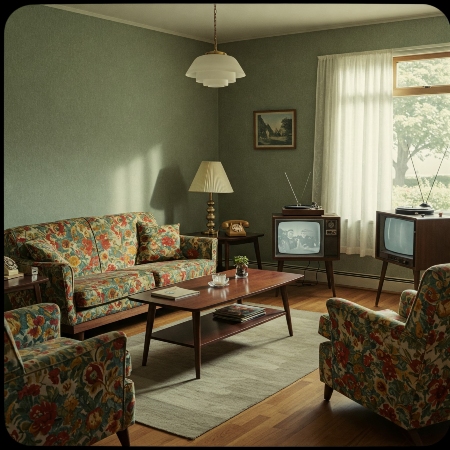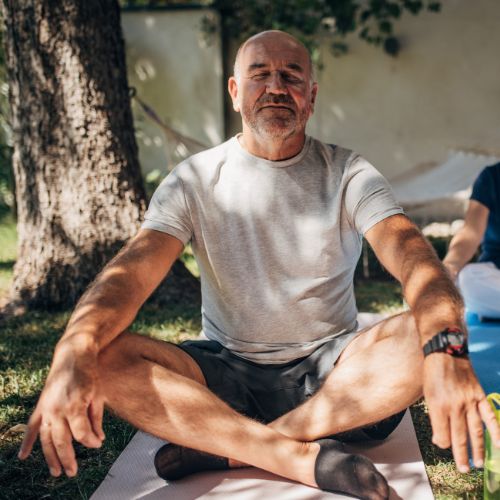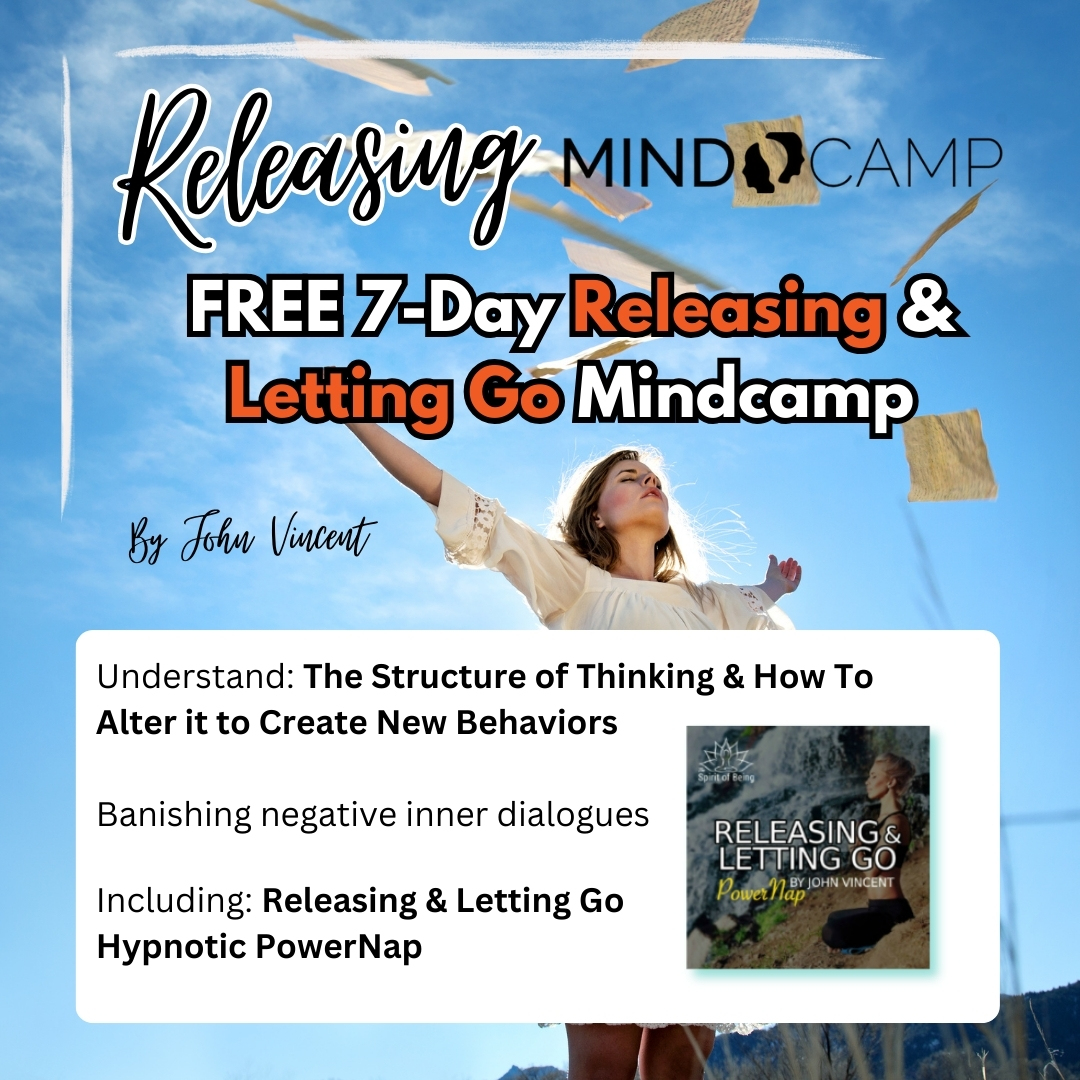
We’ve all heard the saying “You’re only as old as you feel”… What if that was a genuine scientific principle? What if there was Age Regression Hypnosis.
A wonderful (beautiful) experiment by Harvard psychologist Ellen Langer (back in 1979) shows the power of mindset to influence the aging process.
What Langer did with a group of 70 and 80-year-olds was crazy…. She transformed a monastery into a 1950’s world, with period magazines, music, films and decor…
The participants were asked to live as if it were the late 1950’s.
Even journaling as if they were living in the 50’s, discussing current events from that era as if they were unfolding in real-time.
The Results Were Remarkable…
Cognitive function sharpened, their vision improved, their joints became more flexible, and their hands more dexterous…
What Does This Mean?
Your perceptions of aging has a profound impact on your physical well-being.
By actively adopting a younger mindset, you can tap into hidden reserves of energy and vitality.
Changing the limiting beliefs and self-image we hold, changes us physically. If we believe we’re frail and helpless, we’re more likely to act that way. But when you think younger you become younger.
Age Regression Hypnosis
This concept aligns closely with the hypnotic technique of age regression. In age regression, individuals are guided into a trance state and encouraged to revisit earlier periods of their lives. This isn’t just a mental exercise, it can have tangible physical effects.
Just as Langer’s participants experienced physical rejuvenation by immersing themselves in a past era, age regression can help individuals access the vitality and resilience associated with younger stages of life.
Tapping into the subconscious memories and feelings of a younger self, we can potentially unlock the same kind of physical and cognitive improvements observed in Langer’s study.
Study #2 Becca Levy at the Yale School of Public Health
Levy’s work looked into data (the Ohio Longitudinal Study of Aging and Retirement), as a long-term project tracking over 1,000 participants since 1975.

The study began with participants around the age of 63. One of the key questions they were asked was how they perceived aging.
They were asked to rate the statement: “As you get older, you are less useful”.
Levy discovered that the individuals with more positive views on aging (rejecting negative stereotypes), lived an average of 22 and a half years after the study finished. Those with negative perceptions of aging lived for an average of 15 years.
This correlation remained true after accounting for factors like: health status, socioeconomic background, feelings of loneliness…
The profound influence of our mindset on our health and lifespan is truly phenomenal. Life is not just about taking care of our bodies; it’s about nurturing our mind as well.
Boost Your Positive Mindset with the 7 Day Releasing & Letting Go Mindcamp Plus download the 11 minute PowerNap
Join the FREE Mindcamp


